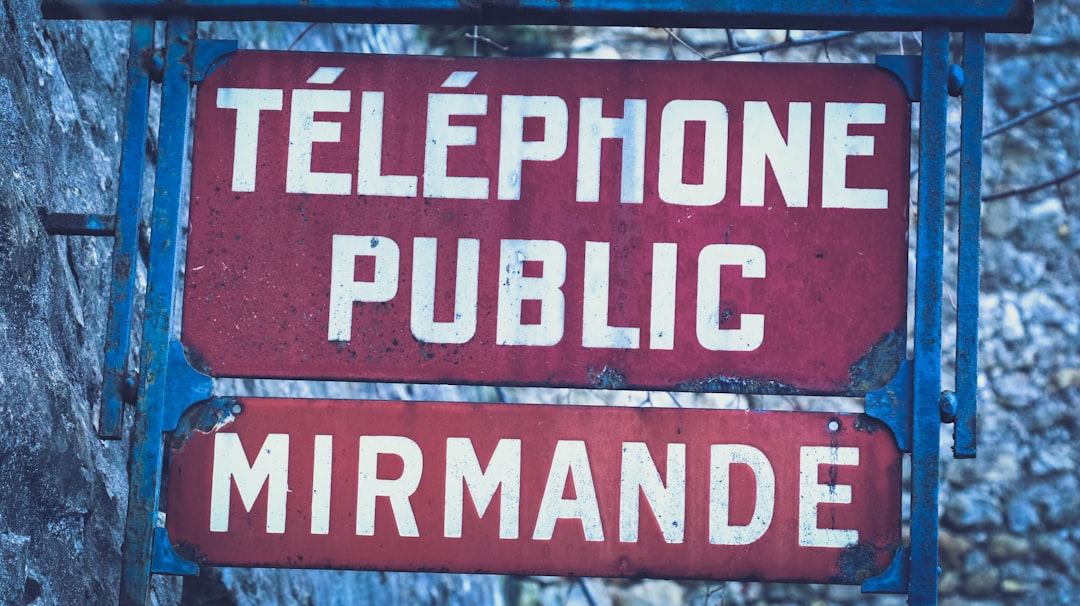Virginia's Debt Collection Practices Act (DCPA) mirrors federal regulations, with debt collector lawyers crucial for navigating these rules and protecting consumer rights. The state's Do Not Call list reduces spam calls from debt collection agencies, and violators face penalties. Debt collectors must adhere to strict laws, including the TCPA, prohibiting abusive practices like spam calls and automated dialers. Consumers should consult debt collector lawyers in Virginia to understand their rights and ensure fair treatment during debt resolution.
In Virginia, understanding the rules governing debt collection is crucial for both consumers and debt collectors. This comprehensive guide delves into Virginia’s debt collection laws, focusing on protecting consumers from unwanted contact through the Do-Not-Call list, outlining legal obligations for debt collectors, addressing spam calls and text messages, and explaining when to hire a debt collector lawyer. For those seeking guidance on navigating these legal options, this article offers valuable insights, emphasizing the importance of knowing your rights as both a consumer and a potential debtor in Virginia.
Understanding Virginia's Debt Collection Laws: A Comprehensive Guide

Virginia has stringent rules governing how debt collectors can contact consumers about debts. Understanding these laws is crucial for both debtors and debt collectors alike to ensure compliance and protect consumer rights. The state’s Debt Collection Practices Act (DCPA) mirrors federal regulations, such as the Fair Debt Collection Practices Act (FDCPA), with some unique provisions specific to Virginia.
Debt collector lawyers in Virginia play a vital role in navigating these rules. They help both debt collectors ensure their practices adhere to the DCPA and debtors understand their rights under the law. Key aspects include restrictions on when and how debt collectors can call, requirements for proper identification, and bans on using abusive, threatening, or harassing language. Violations of these laws can lead to significant penalties, including legal action by affected consumers. Additionally, Virginia’s Do Not Call law firms further protect consumers from unwanted spam calls related to debts.
The Do-Not-Call List: Protecting Consumers from Unwanted Debtor Contact

In Virginia, consumers have a powerful tool to protect themselves from unwanted and harassing debt collection calls—the Do-Not-Call list. This state-mandated registry is designed to curb excessive and spam-like contact from debt collectors, providing much-needed relief for individuals dealing with financial stress. By registering their phone numbers, Virginians can significantly reduce the number of calls they receive from debt collector lawyers or firms, ensuring a quieter and more peaceful experience as they navigate their debts.
The Do-Not-Call list is not just a tool for consumers; it also sets clear guidelines for debt collector attorneys and law firms operating in Virginia. These professionals must adhere to strict laws that govern how and when they can contact debtors. Failure to comply can result in legal repercussions, as the state has specific provisions against abusive or fraudulent collection practices, including spam calls. Consumers who believe their rights have been violated by a debt collector lawyer in Virginia can seek help from legal experts specializing in these matters, ensuring they receive fair treatment throughout the debt resolution process.
Legal Obligations of Debt Collectors in Virginia: Rights and Responsibilities

In Virginia, debt collectors must adhere to strict legal obligations and regulations when contacting consumers about debts. According to the state’s laws, including those set forth by the Telephone Consumer Protection Act (TCPA), debt collectors are prohibited from engaging in abusive, harassing, or unfair collection practices. This includes making spam calls or using automated dialers without prior express consent. Debt collector lawyers and attorneys in Virginia play a crucial role in ensuring these rules are followed to protect consumers’ rights.
Debt collector attorney firms in Virginia must inform consumers about the debt they owe within five days of initial contact, provide validation of the debt, and cease collection efforts if the consumer disputes the debt. They are also required to respect consumers’ preferences regarding communication methods and times, as outlined in the Do Not Call registries. Violations of these laws can result in significant penalties, including monetary damages and attorney fees for the harmed consumer, underscoring the importance of seeking legal counsel from a debt collector lawyer in Virginia to navigate these complex regulations effectively.
Spam Calls and Text Messages: What Does the Law Say?

In Virginia, regulations regarding debt collection practices are in place to protect consumers from harassing or unwanted communication related to debts. One significant aspect is the restriction on spam calls and text messages. According to state laws, a debt collector cannot make telephone calls or send text messages to a consumer using automated dialers or prerecorded messages without obtaining prior express consent. This means that if you have not given permission for such communications, any attempts by debt collectors to contact you in this manner could be considered illegal and may entitle you to legal recourse.
Debt collector lawyers in Virginia emphasize the importance of informed consent, especially regarding spam calls and text messages. Consumers should be wary of unsolicited communication from debt collection agencies and understand their rights under the law. If you feel your rights have been violated, consulting a debt collector attorney in Virginia can help clarify your options and ensure your legal protections are understood and upheld.
When to Hire a Debt Collector Lawyer in Virginia: Navigating Legal Options

In Virginia, consumers have certain protections against aggressive or unsolicited debt collection practices. If you’re facing a situation where a debt collector is using questionable methods to retrieve your debt, it’s crucial to understand when to seek legal counsel from a qualified debt collector lawyer in Virginia. Such professionals can guide you through the intricate debt collection laws of Virginia and ensure your rights are respected. They can also help navigate the Do Not Call laws for law firms in Virginia, which restricts unwanted spam calls related to debt collection activities.
Hiring a debt collector attorney in Virginia becomes necessary when a collector’s behavior crosses legal boundaries or when you want to dispute a debt. A lawyer specializing in this field can assess your case, advise on when to file a complaint with the Virginia Attorney General’s office, and even represent you if legal action is required. Given the complex nature of debt collection laws, having an expert advocate ensures that your actions are compliant and effective.






